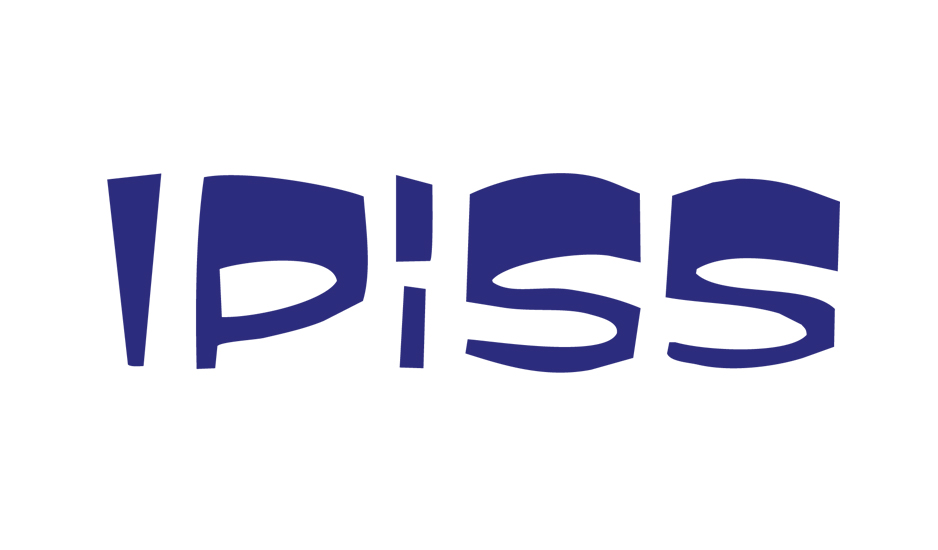The project of the Vocational Training Centre in Warsaw and the Institute of Labour and Social Affairs „Education of the future – remote vocational education and training”, financed by the Financial Mechanism of the European Economic Area for 2014-2012, has been implemented 02.2022-01-2024. Its purpose is to comprehensively prepare the staff of educational institutions to conduct online vocational training.
The products developed in the project (e.g. the created e-learning platform and exemplary online trainings), addressed to three groups of recipients: organizers of online education, social workers and participants of vocational courses, will contribute to the development of inclusive education, increase the quality of remote education and the development of the VET sector in terms of innovative educational tools.
Results of tasks 3 and 4
Task 3
As part of task No. 3 (02.22-04.23), IPiSS employees continued work on the e-textbook and the related training entitled „Planning and Designing Online Courses”. The e-textbook consists of five chapters that are an introduction to the issues of remote education and methods of quality assurance in the education, as well as practical tips on organizing and creating online courses. The content of the e-textbook includes references to the functionality of the e-learning platform created in the project „Education of the future – remote vocational education and training”. A separate chapter of the e-textbook is devoted to the platform itself, the rules for creating online courses within it and the use of this tool. The materials stored in the e-textbook contain an interactive component (e.g. tests completed by the user, answers to questions displayed while working with the e-textbook, etc.).
The e-textbook became a reference point when working on creating a training program for organizers of remote education and online trainers/teachers. The modules presented during the training, which took place online on April 28, 2023, were closely related to the issues raised in the e-textbook and covered technical and organizational issues related to remote learning and issues strictly related to didactics of remote education, including validation and quality assurance. Interest in the training far exceeded the expectations of the organizers, it was attended by over 50 people associated with science, education and the training industry. During the training, IPiSS experts gave the following presentations:
- Didactics of remote learning – dr hab., prof. APS Urszula Jeruszka;
- Creating trainings in remote formula – mgr Maciej Gruza;
- Quality assurances and validation in distance learning – dr. hab., prof. IPiSS Zdzisław Czajka;
- Organizational aspects of remote learning – dr Anna Jawor-Joniewicz;
- Support and using the e-learning platform developed in the project – Krzysztof Zapaśnik.
Conclusions from the discussion summarizing the training were used in the development of the final version of the e-textbook, which is an integral part of the platform, available to all logged-in users 24 hour a day.
Task 4
At the beginning of May, a team of IPiSS experts started to work on creating an online course program for social workers as part of the childcare system. In order to adjust the content of the course to the training needs of social workers as fully as possible, the project management decided to diversify the team of employees involved in RPI 4. Apart from scientists and theoreticians in the field of social work and pedagogy (who are representatives of various research centres), the team also included a person representing the world practice, employed on a daily basis in one of the social welfare centres. This approach made it possible to develop a non-standard course program, going beyond the usual schemes, allowing to fill the competency gaps that actually exist among social workers.
The project team decided to base the course on the 5E (Engage, Explore, Explain, Elaborate, Evaluate) educational model, which emphasizes experiential learning, collaboration, real involvement and understanding of specific content. Each training module consists of the so-called reflection (including the functioning of a social worker as a professional practitioner; reflection begins each module and is continued in subsequent modules of the course – it is continuous, processual, its next stage complements and deepens the previous one) – 1 h; lecture (theoretical introduction to the subject matter of the module) – 2 h; engaging/interactive exercises on the online platform, in accordance with the H5P standard) – 1 h; consultation (intervision, group form, meeting with an experienced practitioner based on the functionalities of the e-learning platform – Clickmeeting) – 2 h, list of literature for self-education.
In the course of the discussion, experts implementing RPI 4 considered it reasonable to divide the course into the following problem modules: introduction to the course (objectives, results, course description) – 1 h; interpersonal communication in the perspective of social work – 6 h; selected methods used in social work – 6 h; neglect of children by parents – 6 h; mental health – 6 hours; solving problems and conflicts – 6 h; difficulties in working with youth (social help and support) – 6 h.
At the time of writing the report, the work on the course program was still in a progress. According to the project schedule, by the end of August this year. the course program will have been tested among 10 social workers, after which its final version will be developed.
Please register:
- headmaster of the department or the school
- two or three technical, high school teachers or course lecturers
- employees organizing courses and practical training
In the electronic form:
Planning and designing on-line courses
Agenda
10.00-10.15 Didactics of remote education – dr hab., prof. APS Urszula Jeruszka, IPiSS
10.15-10.30 Creating trainings in a remote form – Maciej Gruza, IPiSS
10.30-10.45 Quality assurance and validation in remote education – dr. hab., prof. IPiSS Zdzisław Czajka, IPiSS
10.45-11.00 The aspects of organisation of remote learning – dr Anna Jawor-Joniewicz, IPiSS
11.00-11.15 Support for the e-learning platform developed in the project – Krzysztof Zapaśnik, IPiSS, ZDZ
11.15-11.30 Discussion
Waiting on MS Teams 28th of April at 10 am at:
Link






